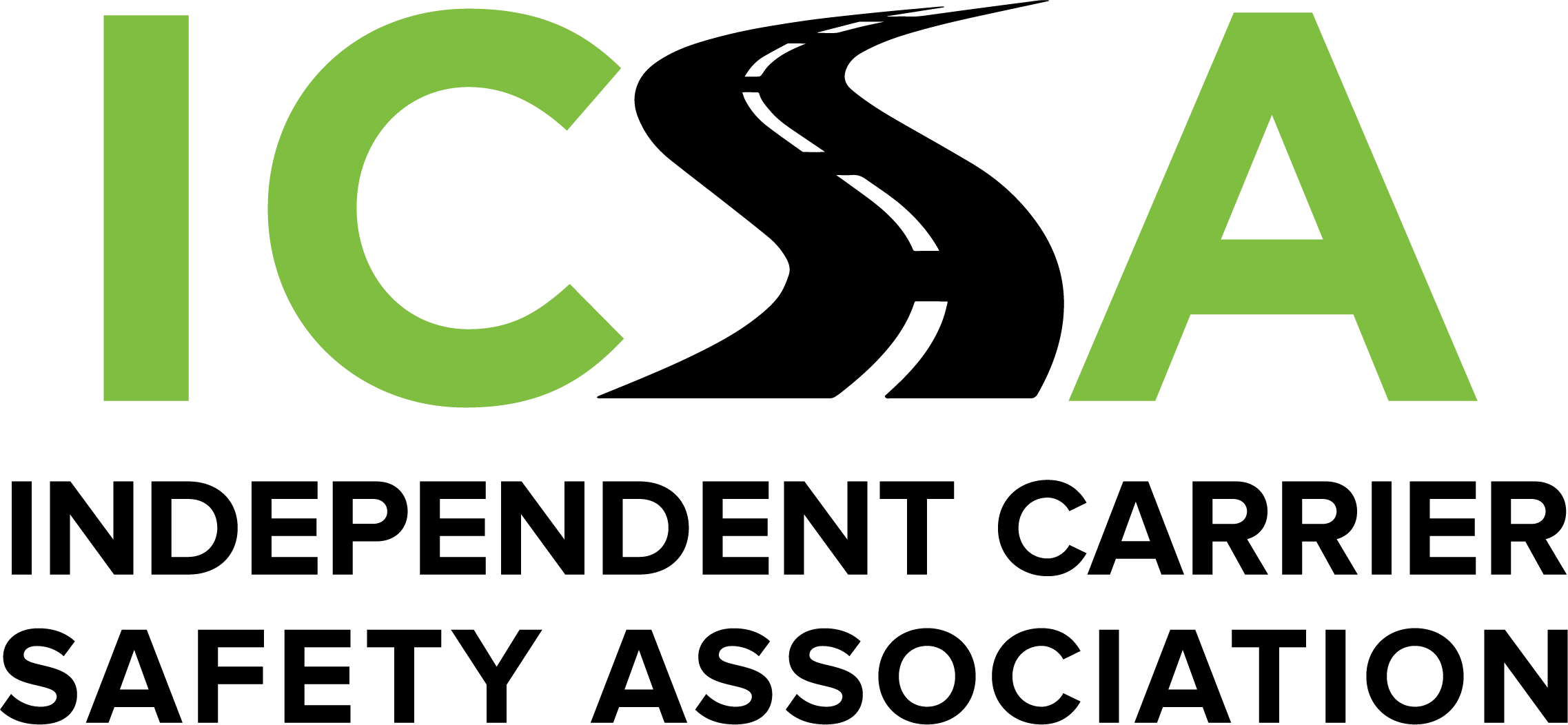New York governor Kathy Hochul has temporarily suspended the congestion pricing plan adopted by the Metropolitan Transportation Authority in New York City. The MTA announced it would charge a toll on every vehicle entering the central business district of Manhattan, which it has named the “Congestion Relief Zone” - the portion of Manhattan below 60th Street. Weekday tolls on trucks will range from $24-$36 every time a commercial vehicle enters the zone. All funds generated will go to the MTA’s capital spending program, earmarked for upgrades to the city subway system and other public transportation projects.
The congestion pricing plan is patterned after similar tolling plans in Stockholm, London and Singapore, and is designed to reduce NYC’s carbon footprint. In fact, should the plan’s intended revenue of $15 billion over five years fall short of projections, the tolls will automatically increase to further discourage vehicular travel. There is still hope that the courts will intervene to halt the tolls.
The Trucking Association of New York (TANY) has filed a federal lawsuit against the MTA tolling plan, joining the State of New Jersey, other New York City boroughs and other entities protesting the plan. TANY argues that the tolling plan violates the Commerce Clause of the U.S. Constitution and the Federal Aviation Authorization Act, which prohibits state from enacting laws affecting price, routes and services of motor carriers. Key to the TANY lawsuit is that commercial truck travel is non-discretionary. Unlike motorists and their passengers, commercial freight has no public transportation alternative, while truckers can only service customers when those businesses are open, eliminating the advantage of the reduced toll rates assessed at night and on weekends.
ICSA will keep members informed on the NYC congestion toll plan.

